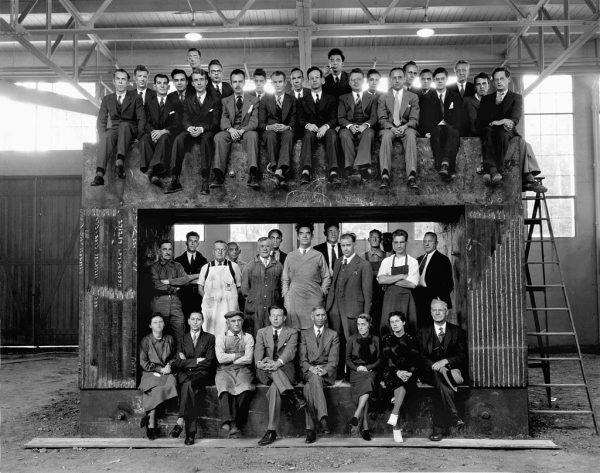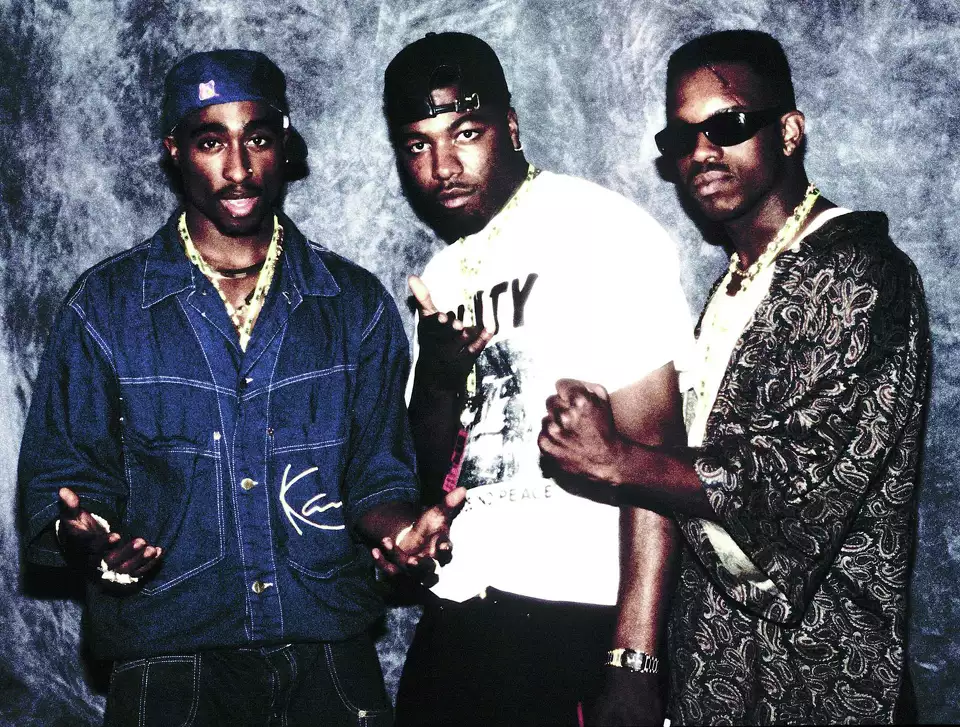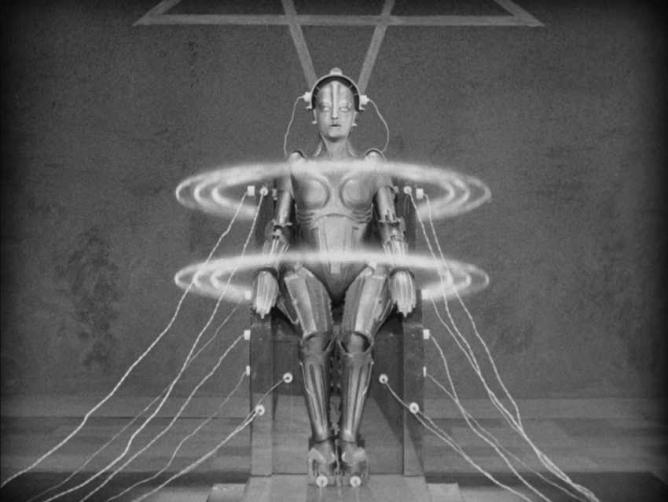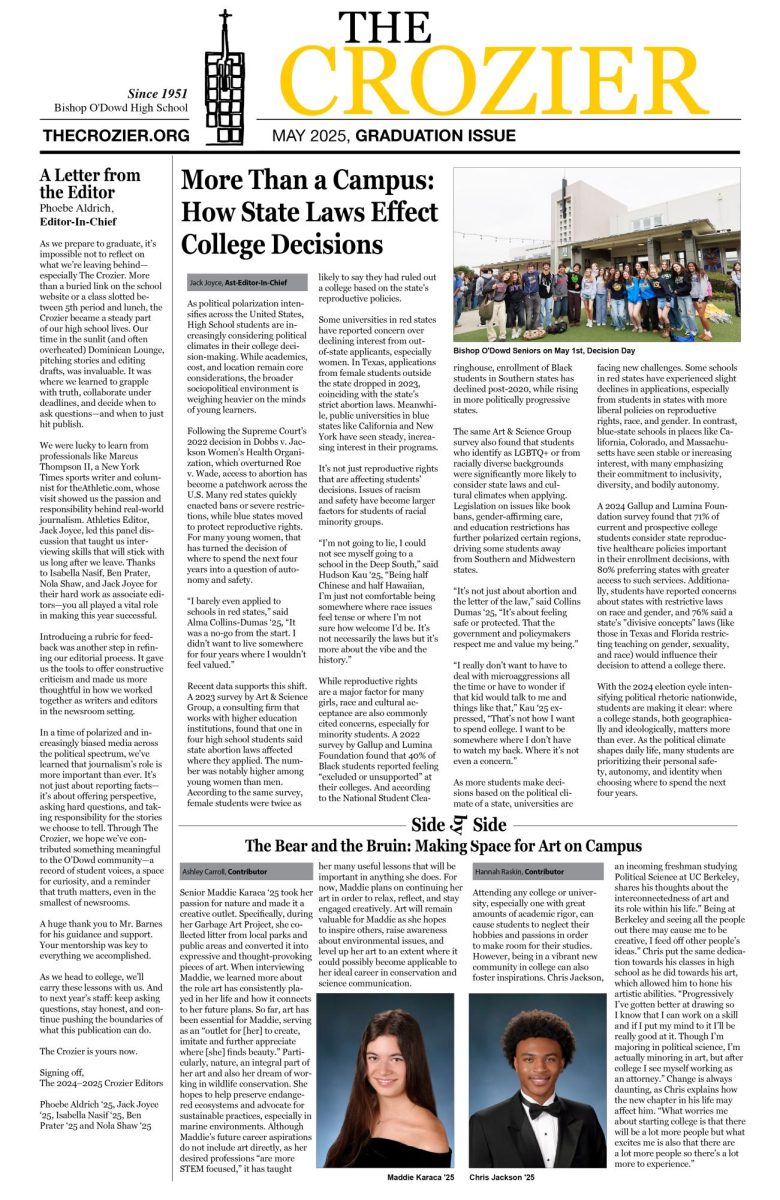Christopher Nolan’s latest blockbuster film, Oppenheimer, based on the 2005 biography American Prometheus by Kai Bird and Martin J. Sherwin, follows J. Robert Oppenheimer, who is often referred to as “The Father of the Atomic Bomb.” The film tells the rather complicated history of Oppenheimer, his rise to power, and his eventual fall from grace. Almost a month after its release, it is already being acclaimed as one of the best movies of 2023 and arguably one of Nolan’s best works.
Robert Oppenheimer led a top-secret wartime project to develop the world’s first nuclear bomb, known as the Manhattan Project. At the heart of Oppenheimer lies the ethical conundrum faced by the project’s scientists: the responsible use of scientific discovery. During the project’s first test, called Trinity, the scientists engaged in the project were confronted with the possibility of unintended consequences. Before the Trinity Test, some who worked on the project believed that when they set it off, it would quite literally fuse hydrogen atoms and, in a sense, destroy the world. In the end, however, the creation of the atomic bomb, while aimed at ending the war, had far-reaching implications that extended beyond military strategy and power.
The aftermath of the bombings of Hiroshima and Nagasaki (1945) cast a rather somber shadow over the project’s legacy, forcing scientists to confront the real-world impact of their scientific achievements. An estimated 90,000 to 140,000 people in Hiroshima (up to 39 percent of the population) and 60,000 to 80,000 people in Nagasaki (up to 32 percent of the population) died in 1945, though the number of people who died immediately as a result of exposure to the blast, heat, or radiation is unknown.
Nevertheless, Oppenheimer’s most enduring legacy is arguably his role in advocating for the responsible use of scientific knowledge. After learning about the distressing effects of the atomic bomb on Nagasaki and Hiroshima, he became an outspoken advocate for international control of nuclear weapons and a proponent of arms control. This stance led to a complex relationship with the U.S. Government during the Cold War, eventually resulting in his security clearance being revoked due to concerns about his political affiliations. In a rather comedic twist of fate, he was accused of being “more probably than not an agent of the Soviet Union.”
Even today, the legacy of J. Robert Oppenheimer continues to thrive. As researchers grapple with the new challenges posed by emerging technologies, the lessons drawn from Oppenheimer’s experiences and advocacy remain relevant. His dedication to the symbiotic relationship between scientific progress and ethical responsibility serves as a principle for those who follow the path of scientific discovery.
The Senate has recently passed amendments to the “Radiation Exposure Compensation Act,” which if passed by the House would give up to 3 million dollars in total in payouts to those affected by the Trinity test. If you wish to support the Tularosa Basin Downwinders Consortium which seeks justice and compensation for those affected by the Trinity test click here Tularosa Basin Downwinders Consortium.







